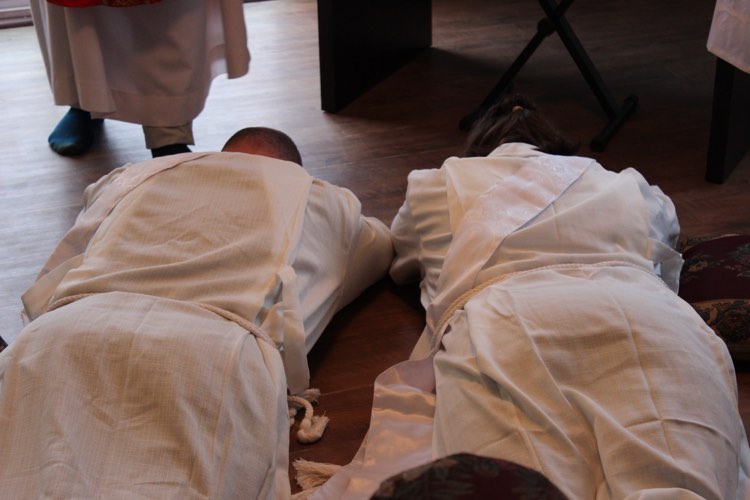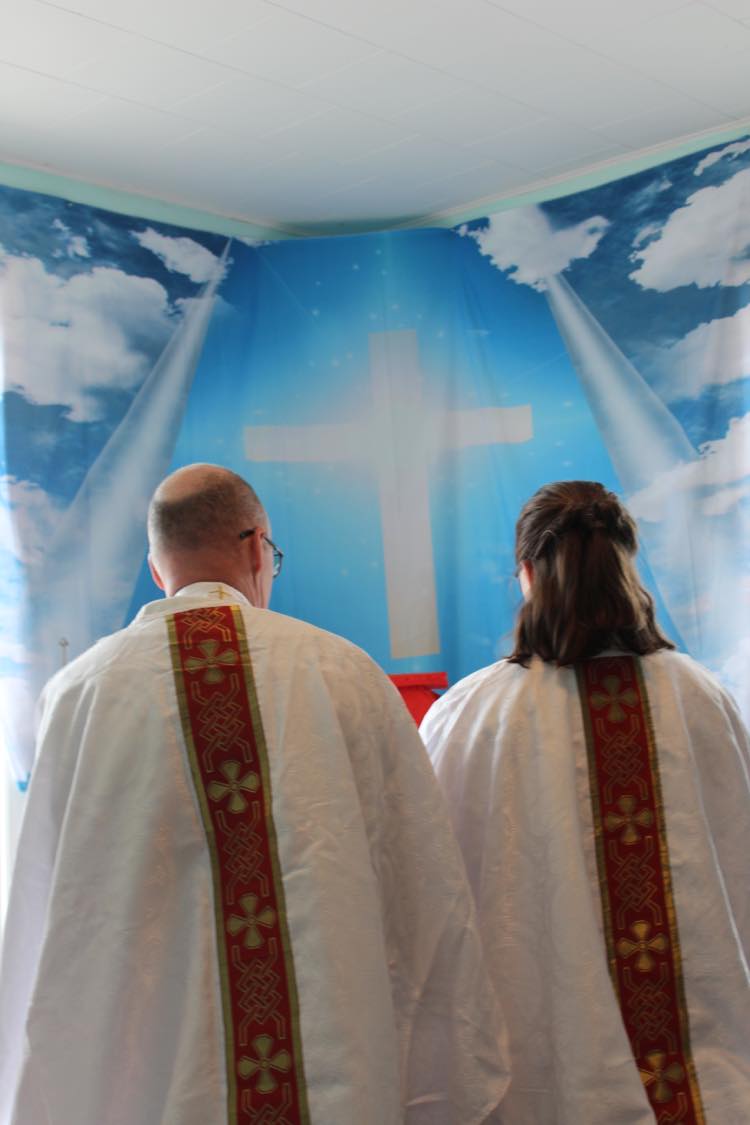- Home
- about stbrigits
- Human Resources Considerations
- Liability Insurance Needs
Simply Catholic and Welcoming You
Liability Insurance needs for Churches and Church Parishes

St Brigit's Cross a Symbol of Irish Catholic Faith
Churches and church parishes need liability insurance, including general liability, professional liability (errors and omissions), and possibly directors and officers insurance, to protect against claims of bodily injury, property damage, and negligence, among other risks.
Here's a more detailed breakdown of the liability insurance needs for churches and church parishes:
8 Types of Liability Insurance to Consider:
General Liability Insurance:
This covers claims of bodily injury or property damage that occur on church premises or during church activities, such as a slip-and-fall accident.
Do churches need public liability insurance? Yes, public liability insurance for churches is recommended. Also known as commercial general liability insurance, this coverage protects against claims of bodily injury or property damage that occur on church premises or during church activities.
As a church, you are responsible for the safety and well-being of your congregation. This includes protecting them from potential risks. Church insurance is designed to do just that.
Church insurance protects your church from financial hardship if something happens to the property or someone is injured while on the premises. There are different types of coverage available, and the amount you will pay will depend on factors such as the size of your church and what kind of coverage you need.
Workers’ compensation Insurance (see information on W.S.I.B.) can help cover the costs associated with injuries that employees may suffer while working. One common misconception about workers’ comp insurance is that it is unnecessary for churches. Indeed, workers’ comp insurance is important because it can help cover the cost of medical expenses and lost wages if an employee is injured while working.
Professional Liability Insurance (Errors and Omissions):
This protects against claims of negligence in counseling, pastoral services, or other professional activities.
Directors and Officers Insurance:
This protects the church's board of directors and the decisions they make.
Churches should consider purchasing directors’ and officers’ (D&O) insurance to help protect themselves from lawsuits that may arise from their leaders' actions. D&O insurance can help churches avoid financial ruin if they are sued for an error or omission while governing their organization.
Commercial Property Insurance:
This protects the church building and property from damages caused by insured perils, such as fire, theft, or natural disasters.
Mission Trip Insurance:
If your church travels outside Canada, churches need to consider purchasing mission trip insurance because it can provide worldwide liability protection and coverage for various needs such as medical, emergency medical evacuation, trip cancellation, and trip interruption.
Commercial Auto Insurance.Churches that own and operate vehicles should consider purchasing commercial auto insurance. Auto insurance can help with the cost of repairs or replacement if a church-owned vehicle is damaged in an accident. It can also help cover medical expenses if a church member or employee is injured while driving a church-owned vehicle.
Sexual Abuse Insurance. Unfortunately, sexual abuse can occur at your place of worship. There are two forms of it, contact and non-contact abuse, such as sexting, Snapchat, Tiktok, Meta, formally Facebook, etc.
Most insurance companies have policies covering abuse and molestation or sexual conduct/misconduct liability. There are two components to the policy to be aware of. One covers the legal fees, and the other covers the payout if the case is lost.
It is worth noting that due to the growing number of such claims many churches are finding this type of coverage hard to get, read prohibitively expensive or seeing their policy cancelled in the light of the magnitude of claims against them.
Ultimately this is forcing parishes, dioceses and churches into bankruptcy proceedings.
Why Churches Need Liability Insurance

An Old Celtic Cross of a Type Found in Many Catholic Churches and Graveyards
Protecting Against Claims:
Liability insurance helps cover the costs of defending against lawsuits and paying for damages if someone is injured or their property is damaged while on church property or during church activities.
Protecting Church Assets:
It safeguards the church's financial resources and assets, ensuring that the church can continue its ministry and operations.
Unique Risks:
Churches face unique risks, such as those associated with large gatherings, children's programs, and volunteer activities, making comprehensive liability insurance essential.
Legal and Ethical Considerations:
Having adequate liability insurance demonstrates a commitment to protecting the safety and well-being of church members and visitors, which is both legally sound and ethically responsible.
In this day and age it is inconceivable that any church or parish would neglect their insurance needs yet some do or cite costs as a reason for having inadequate insurance. We live in an age of litigation. Please ensure you and your organization have proper coverage to protect all persons and aspects of properly conducting a church.
House churches seem particularly prone to skimp in the area of insurance. Some house church clergy seem to feel that they will be adequately covered by their home insurance policies. As soon as you operate a church from your home and have people other than those who ordinarily reside there attend you exceed the coverage of home policies.
As soon as you have non residents of your home in attendance you are into the realm of a gathering place/business for insurance purposes and the company holding your policy has every right to deny your claims ad cancel your insurance completely. Please, talk to your insurance provider before putting yourself in a liability position.
If you offer services at someone else's venue you still cannot assume that you do not need your own coverage. It may not be as involved nor as expensive but, in all likelihood even the venue operator, seeing you as an independent contractor rather than an employee, has every expectation that you have all your own insurance in place.
Never assume that you can somehow piggy back on someone else's insurance. In fact, if they tell you they have you covered, get that in writing. Your personal and church financial well being may depend on it.
Recent Articles
-
Ordination, incardination and dismissal of clergy
Mar 03, 25 06:47 PM
Overview of Ordination to Holy Orders, incardination and dismissal of clergy -
Catholic Last Rites
Mar 03, 25 06:41 PM
An explanation of the Catholic Last Rites and Anointing of the Sick -
Catholic-Confession
Mar 03, 25 06:37 PM
Full breakdown of the Catholic Confession Sacrament of Reconciliation

